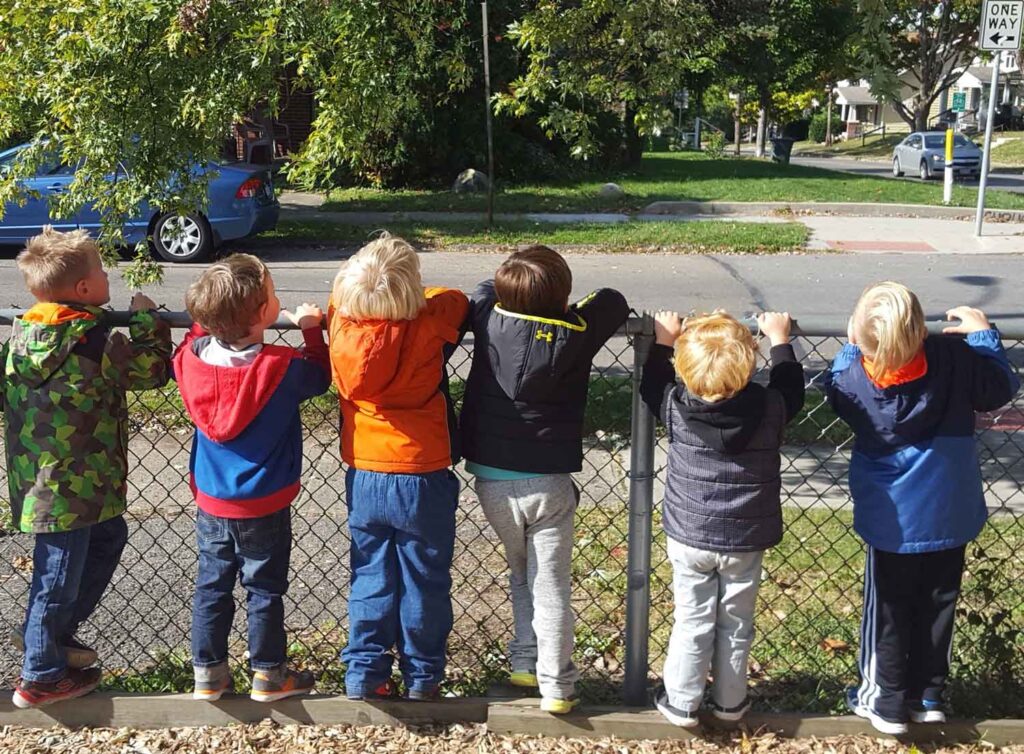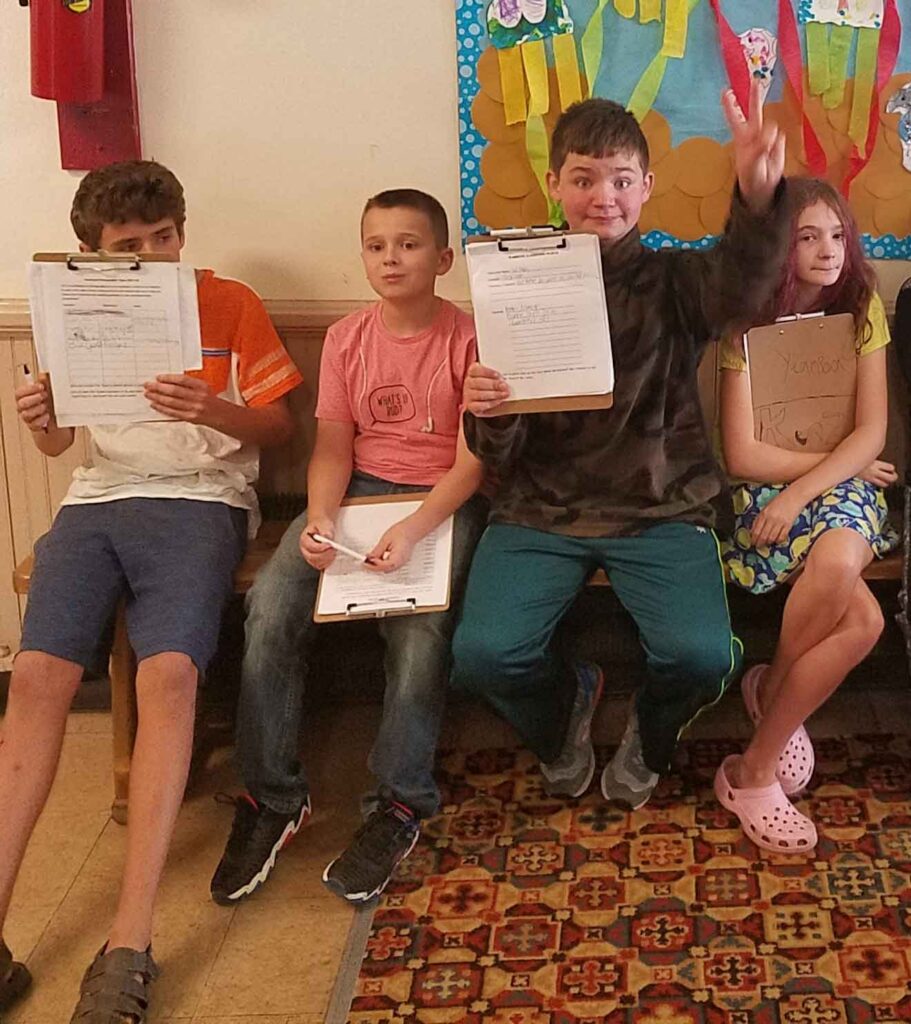Did you know? Social Skills Beyond Conversation
September 19, 2017
By: Laura Gilbert, MA, CCC-SLP, Alexa Reck, MA, CCC-SLP, Jennifer Swetnam, MA, CCC-SLP and Cassie Wilhelm, MA, CCC-SLP

Social skills are a core challenge for young people with autism. In typical development, young people often learn these skills by observing others in interactions with adults and peers. Young people with autism can benefit from direct instruction in this area. In order for students to understand and carry over their skills, we believe it is important to teach the students WHY they should care about learning them. However, unlike other skills, social skills do not have hard and fast rules. They change with each environment, conversational partner, and common goal.
There are a wide range of social skills including:
- Joint attention/engagement
- Social reciprocity
- Social cognition
- Conversation
- Literacy
- Executive function
- Theory of mind
- Body language/awareness
- Check in with your eyes
- Being a part of the group
- Getting in the group, letting others in the group
- Varied expectations
- Non-verbal cues/communication
At Bridgeway Academy, our Speech-Language Pathologists provide services related to social skills and communication in a variety of ways. Social skills services can include individual sessions, support in community and vocational settings, and group therapy sessions during the school day and after school.
We have recently introduced two group settings to our services:
Social Skills After School Groups
In Social Skills Group, tweens and young teens discuss and improve upon their social skills with the guidance of two Speech-Language Pathologists. Each session includes time for peer conversation, review of previous lessons, teaching on an aspect of social language and its importance, and activities that allow practice of social skills. Students help create and then use a rubric to evaluate their own social skills and measure their progress over the course of the year. Therapists involved in Social Skills groups have attended Social Thinking™ trainings (www.socialthinking.com) and employ many of their principles and materials. Objectives are established based on the needs of group members rather than following a set curriculum.
Young people who would most benefit from this group should be able to participate in a small group (4-6 people) activity with peers with minimal prompting. Social Skills groups meets weekly for 60 minutes after school hours. One group meets Tuesdays 4-5 and a separate group meets Wednesdays 3:45-4:45. If you are interested, please contact cwilhelm@bridgewayohio.org.

Yearbook Club
This year, we are also initiating Yearbook Club in one of our classrooms. This is giving students the opportunity to gain experience with the following skills: working on a team with a common goal, coming up with thought provoking questions for others, making eye contact and having body orientation toward communication partners while interviewing, maintaining an appropriate tone of voice, taking others’ perspectives and thinking about their point of view, focusing on others’ body language when taking photos, and other various perspective taking and social skills.